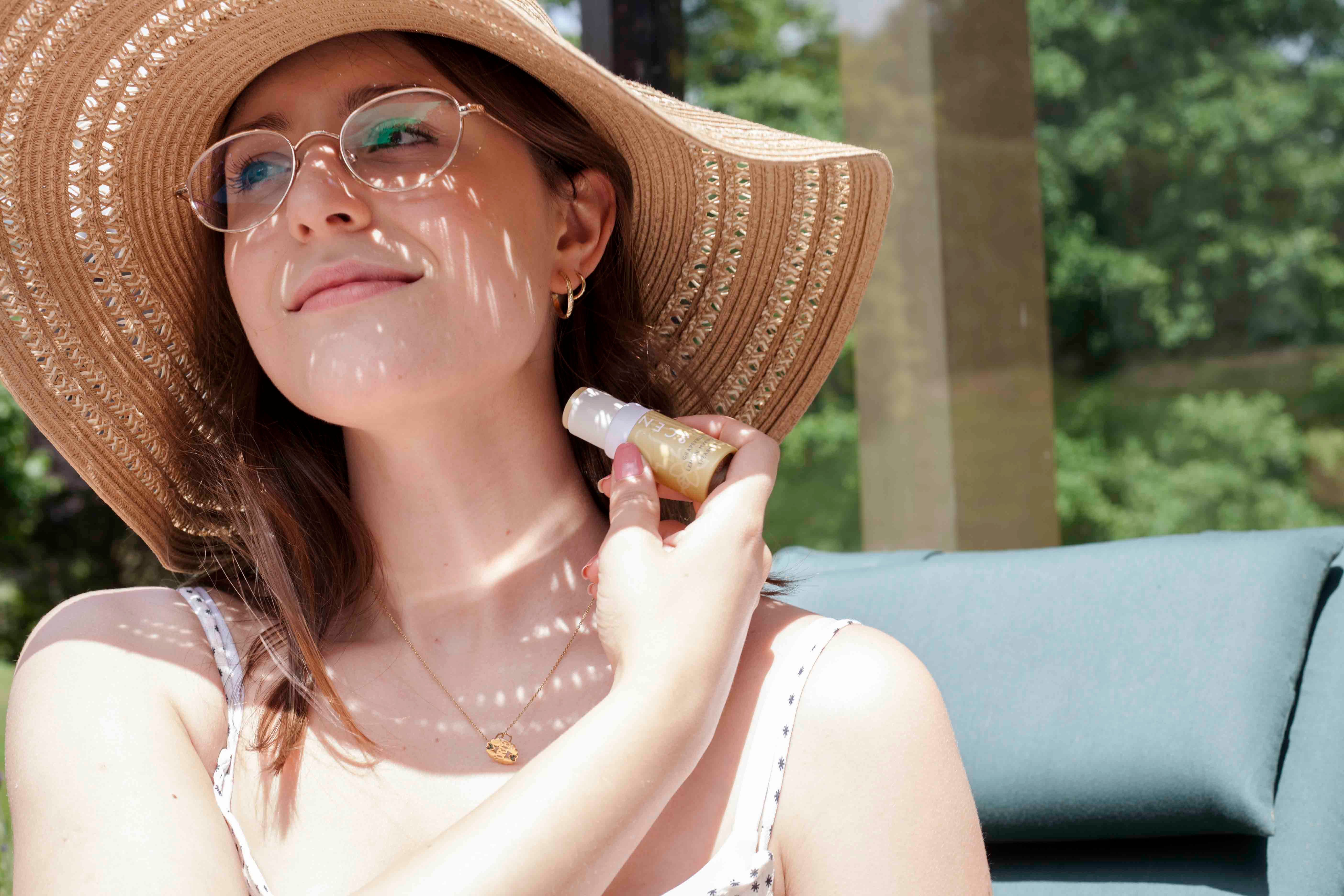
When it comes to aromatherapy, it’s not just what you use but how you use it that makes the difference. Essential oils are powerful tools for calming stress, improving focus, boosting mood, and supporting sleep, but to get the most benefit, you need to know how to apply them.
That’s where pulse points come in. You’ve probably heard advice to “apply to your pulse points,” but what exactly does that mean? Why are these areas so effective, and how can you incorporate them into your aromatherapy rituals?
In this blog, we’ll explore the science behind pulse points, why they matter, and how to use them to get the most from your Scentered balms.
What Are Pulse Points?
Pulse points are areas on the body where blood vessels run close to the surface of the skin. They are called “pulse points” because you can feel your heartbeat there more strongly than in other areas.
Common pulse points include:
- Wrists
- Temples
- Neck (sides of the throat)
- Behind the ears
- Inner elbows
- Behind the knees
These spots are not only easy to access but are also ideal for applying aromatherapy because the warmth of your blood helps diffuse scent molecules, enhancing their effectiveness.
Why Pulse Points Are Important in Aromatherapy
When you apply essential oils to pulse points, several things happen:
-
Heat Activation
Pulse points are naturally warmer, helping essential oils evaporate gently and release their aroma more effectively. -
Enhanced Absorption
These areas have thinner skin, allowing oils to interact more closely with the body’s natural rhythms. -
Direct Inhalation Pathways
Because pulse points are close to the nose and mouth (wrists, temples, neck), scents are easier to inhale regularly throughout the day.
Our De-Stress Balm - perfect for calming daily stress when applied to pulse points.
How to Use Scents Correctly on Pulse Points
Step 1: Choose the Right Balm for Your Need
Each Scentered balm is designed with a specific purpose:
- De-Stress Balm - to calm anxiety and tension.
- Sleep Well Balm - to prepare the body and mind for rest.
- Focus Balm - to sharpen concentration and clarity.
- Be Happy Balm - to uplift mood and energy.
- Love Balm - to encourage compassion and emotional balance.
Step 2: Apply to Key Pulse Points
- Wrists: Rub balm on the inside of your wrists, then gently press them together.
- Temples: Apply a small amount and massage gently for calming or focus-enhancing effects.
- Neck: Dab lightly on the sides of your throat for long-lasting scent release.
- Behind the ears: Discreet and effective, perfect for wearing under a mask or scarf.
Step 3: Inhale Deeply
After application, pause and inhale deeply three times. This mindful breathing combines the power of aromatherapy with relaxation techniques, helping your nervous system reset.
Sleep Well Balm - use this technique at bedtime for better sleep.
Why not just wear aromatherapy like perfume?
Unlike perfume, which focuses on scent alone, aromatherapy targets wellbeing. Applying to pulse points ensures essential oils are both absorbed and inhaled, maximising their therapeutic benefits.
How often can I reapply to pulse points?
You can reapply throughout the day as needed. Many people use Focus Balm in the morning, Be Happy in the afternoon, and Sleep Well at night.
Can children use aromatherapy on pulse points?
Yes but always choose gentle blends and apply sparingly. Calming routines are beneficial for children experiencing stress, and aromatherapy can be part of that.
Common Mistakes When Using Pulse Points
Even though it’s simple, there are mistakes people often make:
- Using too much: A little balm goes a long way.
- Rubbing too hard: Gently press the balm into the skin rather than vigorous rubbing, which can reduce scent effectiveness.
- Forgetting to breathe: Application works best when combined with mindful inhalation.
The Science Behind Scent and Pulse Points
The connection between scent and emotion is rooted in the brain. When essential oils are inhaled, they travel via the olfactory nerve directly to the limbic system, which governs memory, mood, and stress responses.
A study published in Frontiers in Behavioral Neuroscience found that lavender oil inhalation significantly reduced anxiety levels in participants. Similarly, aromatherapy’s role in promoting calm.
When applied to pulse points, oils are continuously diffused, allowing for consistent exposure and ongoing benefits throughout the day.
Pulse Points for Different Needs
- Stress relief: Wrists and temples with De-Stress Balm.
- Sleep support: Behind ears and neck with Sleep Well Balm.
- Boosting focus: Temples and inner wrists with Focus Balm.
- Uplifting mood: Wrists and chest with Be Happy Balm.
- Emotional balance: Heart centre (over clothing) with Love Balm.
Building a Pulse Point Ritual
To get the most benefit, combine pulse point application with other wellbeing practices:
- Pair morning balm use with journaling or stretching.
- Apply before meditation or yoga for deeper focus.
- Incorporate into bedtime routines with dimmed lights and screen-free time.
According to Mind UK, consistent routines are key to managing mental health, making pulse point rituals a powerful daily anchor.
Understanding and using pulse points correctly can transform your aromatherapy practice. These warm, accessible areas of the body enhance the release and absorption of essential oils, making your rituals more effective.
With Scentered’s portable balms, you can build personalised pulse point routines for stress relief, focus, positivity, or sleep, wherever life takes you.
